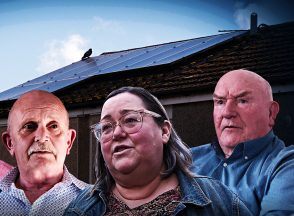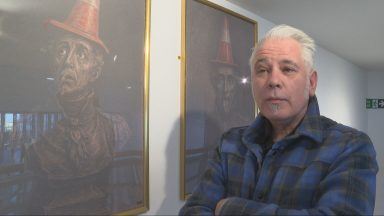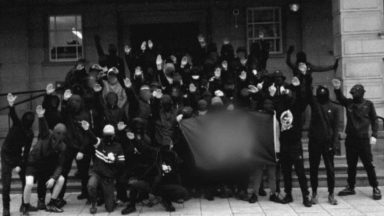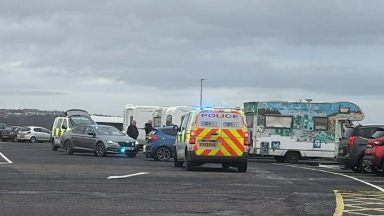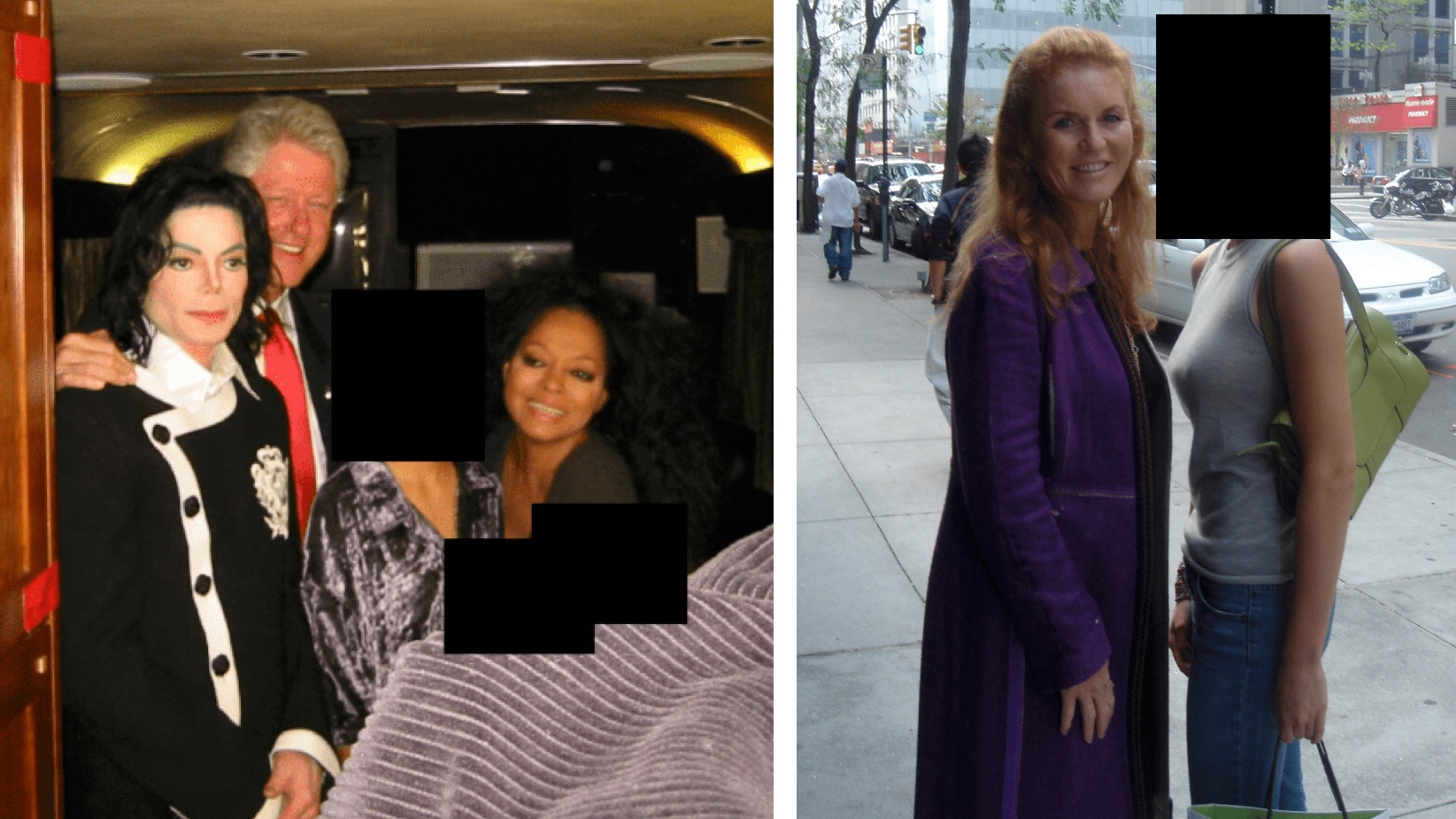A woman has spoken out about feeling helpless after three generations of her family were “decimated” by deadly brain tumours – the odds of which are “less than one in a billion”.
Claire Cordiner lost her sister and her mother to glioblastomas just one year apart – now, her teenage nephew is on end-of-life care with the same tumour.
“Brain tumours have absolutely devastated our family. They are so unpredictable and can affect anyone at any age,” the 54-year-old said.
In 2004, her youngest sister Angie Jones began getting pains in her legs and they would occasionally give way.
She also experienced “jerking movements” in her arms. A trip to University Hospital Hairmyres revealed the fatal tumour.
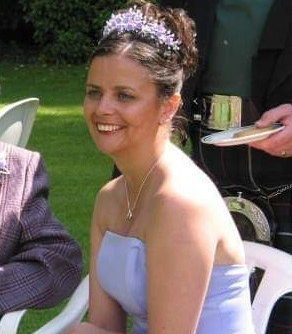 Brain Tumour Research
Brain Tumour ResearchMs Cordiner said: “I was really upset, but Angie remained upbeat.
“She initially refused treatment because she was trying for a second child, but when she was unable to become pregnant she began chemotherapy and radiotherapy at The Beatson West of Scotland Cancer Centre in Glasgow.”
In November 2009, Ms Jones was told no more treatment was available to her. She died a month later, aged 36.
In September 2007, Ms Cordiner’s mother, Margaret O’Kane went to University Hospital Wishaw after thinking she had suffered a mini stroke.
Claire said: “Mum was discharged and had been ok, but in November she was suddenly unable to hold a conversation.
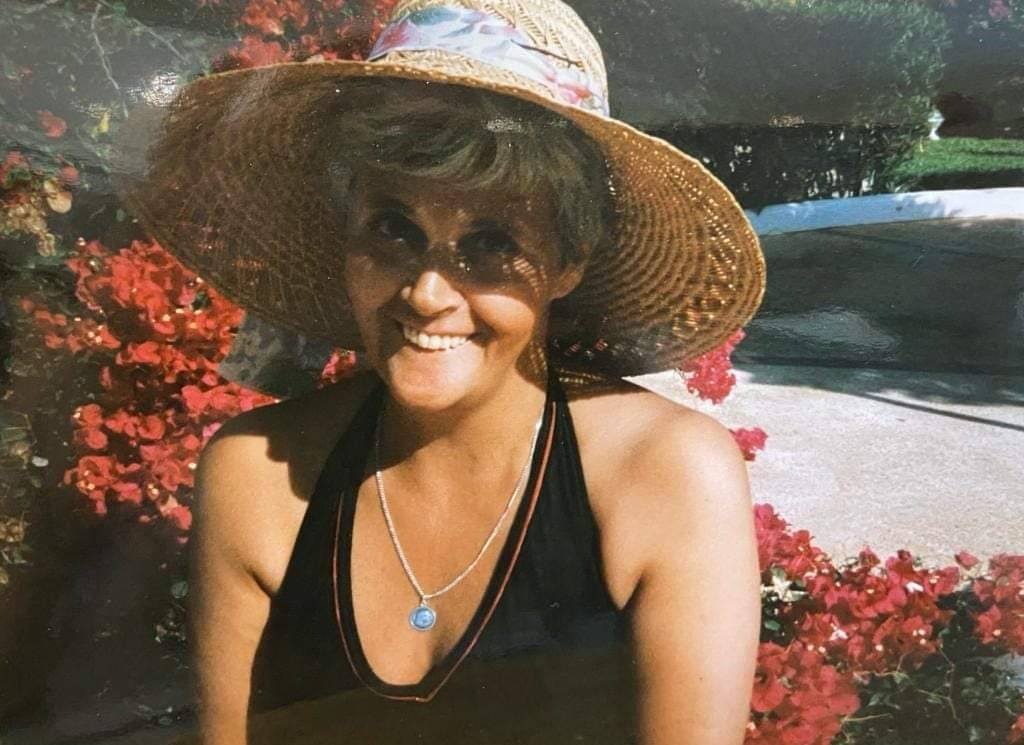 Brain Tumour Research
Brain Tumour Research“She went back to hospital and had an MRI scan which revealed two brain tumours. I was devastated.
“It was a difficult time because Angie was going through her own treatment, and I was also going through treatment for breast cancer.
“Mum had an operation but they could only remove part of one of the tumours.”
Ms O’Kane underwent one week of radiotherapy after the surgery, but doctors did not believe she could manage any more treatment.
She died on October 1, 2008, just a year after being diagnosed.
Ms Jones’ son, and Ms Cordiner’s nephew, Max Jones, started being sick a lot and getting pains in his legs in June 2022.
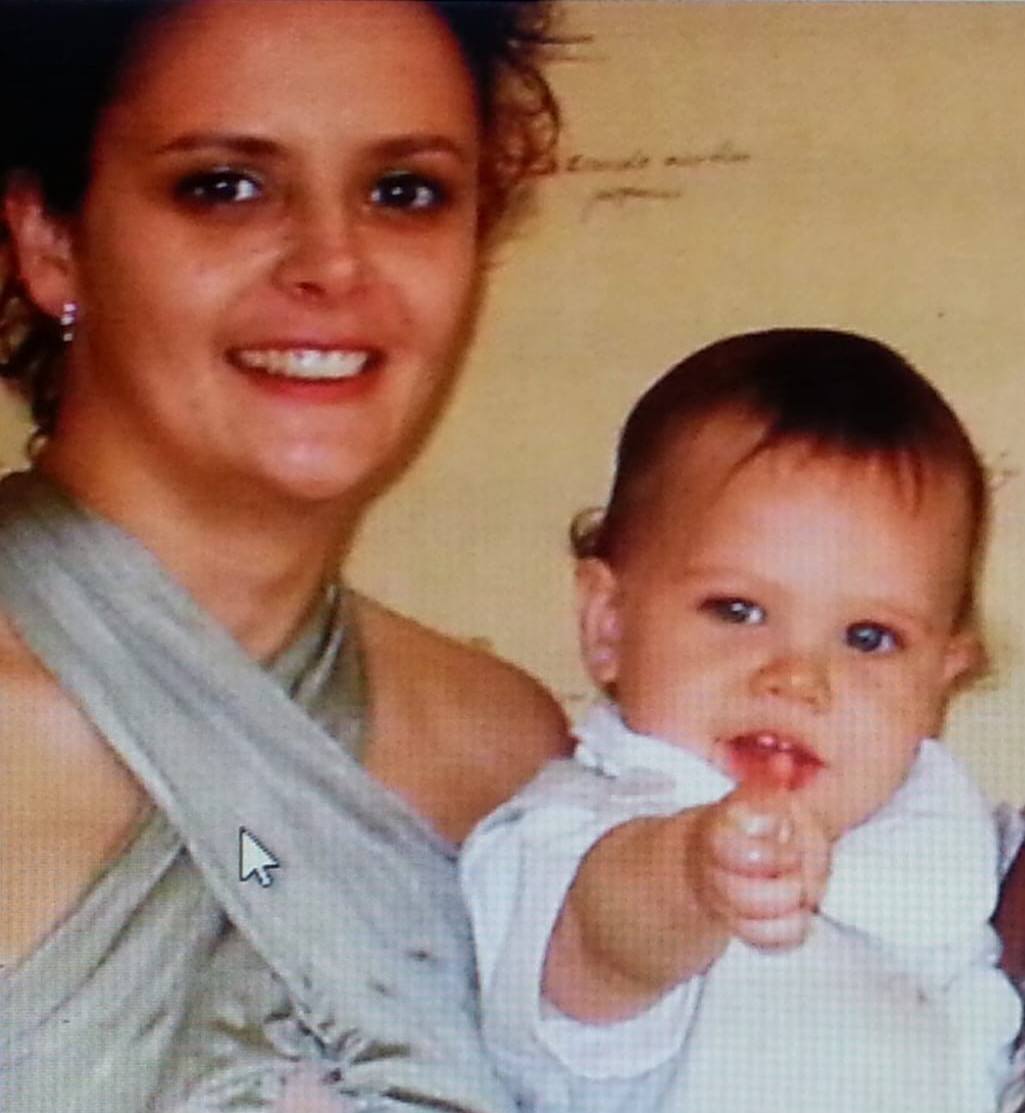 Brain Tumour Research
Brain Tumour ResearchThe pain became unbearable, and the 18-year-old went into hospital for scans that revealed a tumour on his brain.
He had surgery to remove it at Queen Elizabeth University Hospital in Glasgow before being transferred to the Beatson West of Scotland Cancer Centre in Glasgow for treatment.
“I couldn’t believe it, especially because Max is so young,” Ms Cordiner said.
“He was a healthy young man so it was totally unexpected. He had five weeks of chemotherapy and radiotherapy which was quite intense.
“He was doing ok for a while but he ended up back in hospital in January 2023.”
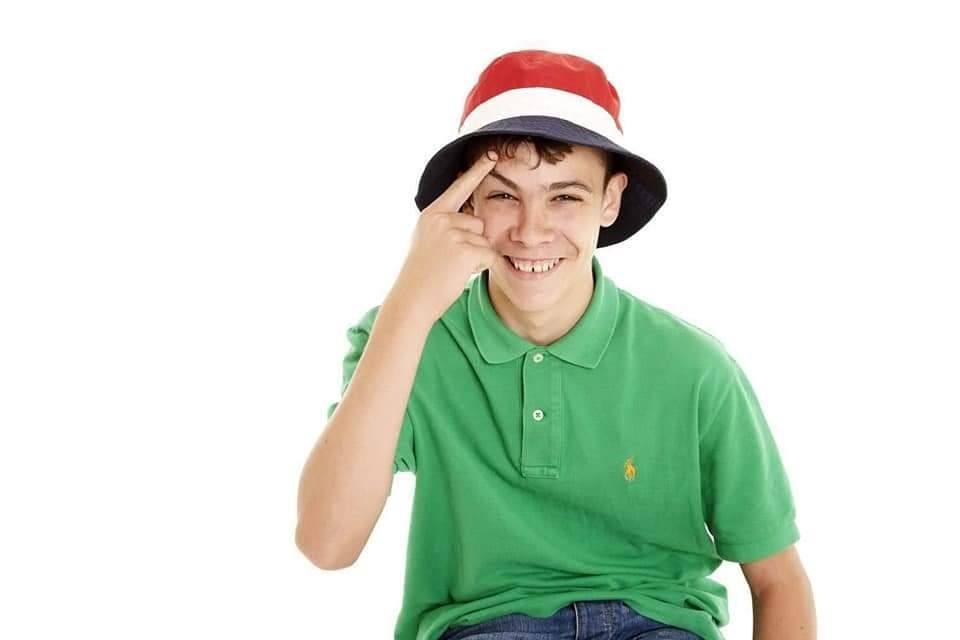 Brain Tumour Research
Brain Tumour ResearchIn January, doctors found two more tumours – one on Max’s brain and another on his spine.
Ms Cordiner said: “The treatment obviously wasn’t working. Max is now on end-of-life care at Kilbryde Hospice.”
Raised in Wishaw, and now living in Edinburgh, Ms Cordiner is taking part in Wear A Hat Day for Brain Tumour Research on March 31, for funds to help find a cure for the disease.
“I felt totally helpless not being able to do anything for mum and Angie, and I feel helpless now for my nephew Max,” she said.
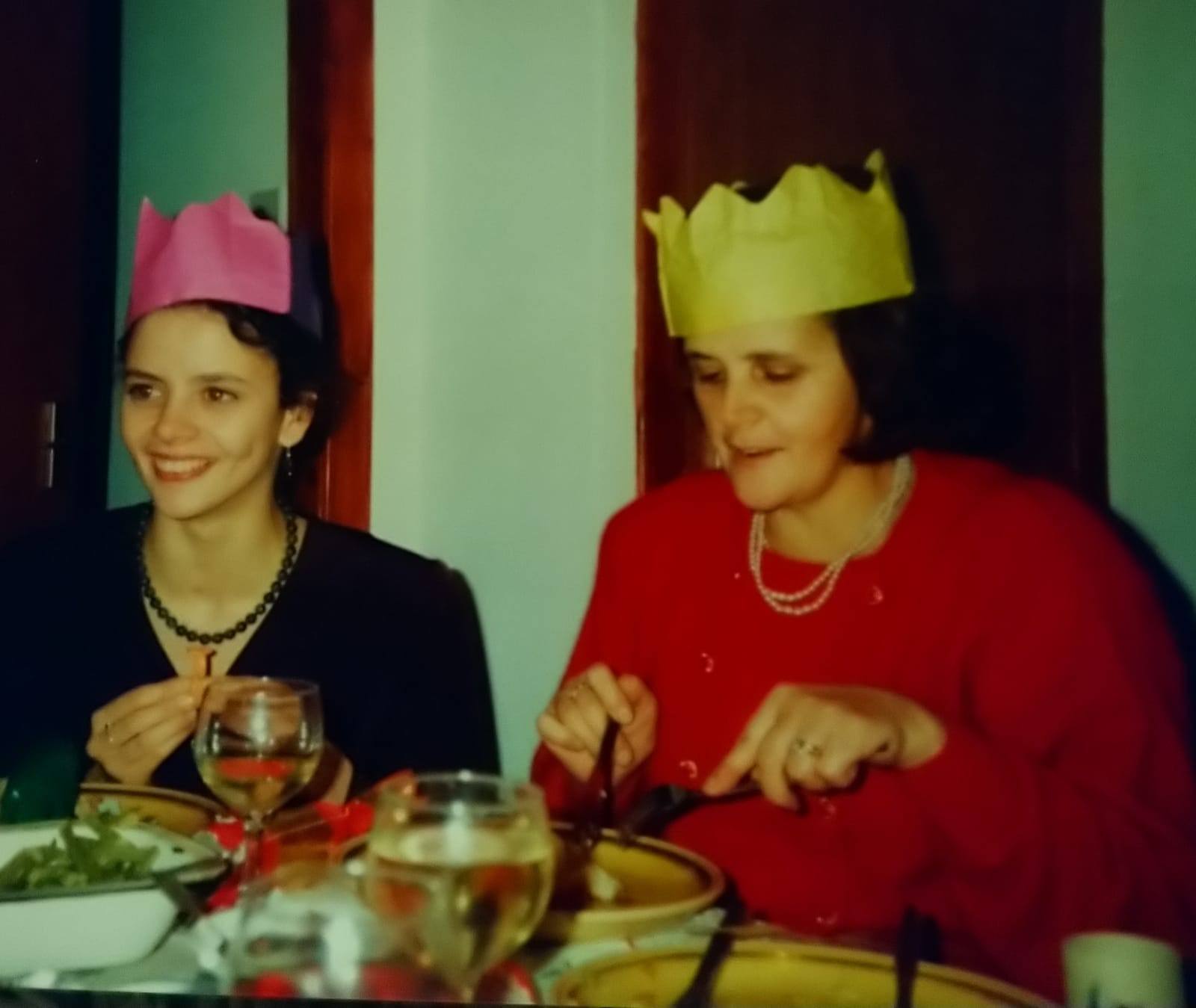 Brain Tumour Research
Brain Tumour ResearchShe has previously raised more than £4,000 for Brain Tumour Research, taking part in Wear A Hat Day since 2016 and shaving her hair off in 2019.
She said: “There is so little funding or brain tumours which is disgraceful. So much more needs to be done to research this cruel disease.”
Dr Karen Noble, director of research, policy, and innovation at Brain Tumour Research, said: “To have three generations of one family diagnosed with the same deadly brain tumour is extremely rare; less than a one in a billion chance.
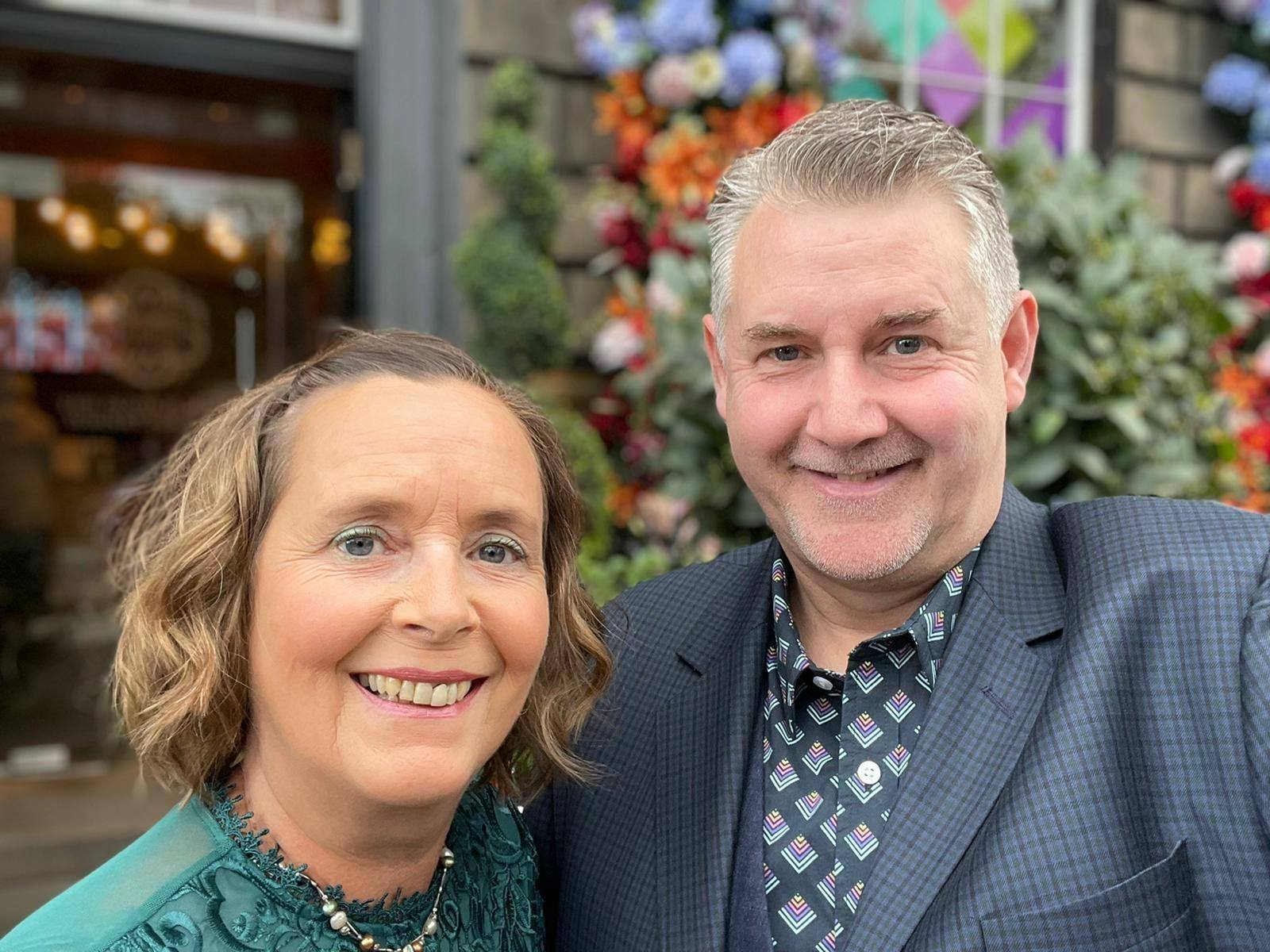 Brain Tumour Research
Brain Tumour Research“We occasionally hear of instances where siblings are diagnosed, but this is the first case of its kind we at the charity Brain Tumour Research have been made aware of.”
She added: “Claire’s story is devastating and defies belief. The pain that brain tumours have caused her family is unimaginable and we’re so grateful to Claire for sharing her story with us.
“Brain tumours kill more children and adults under the age of 40 than any other cancer yet, historically just 1% of the national spend on cancer research has been allocated to this devastating disease.”
The theme of this year’s Wear A Hat Day is to “look super for science”. People are invited to pop a hat on and make a donation at www.braintumourresearch.org/WAHD-2023.
Follow STV News on WhatsApp
Scan the QR code on your mobile device for all the latest news from around the country


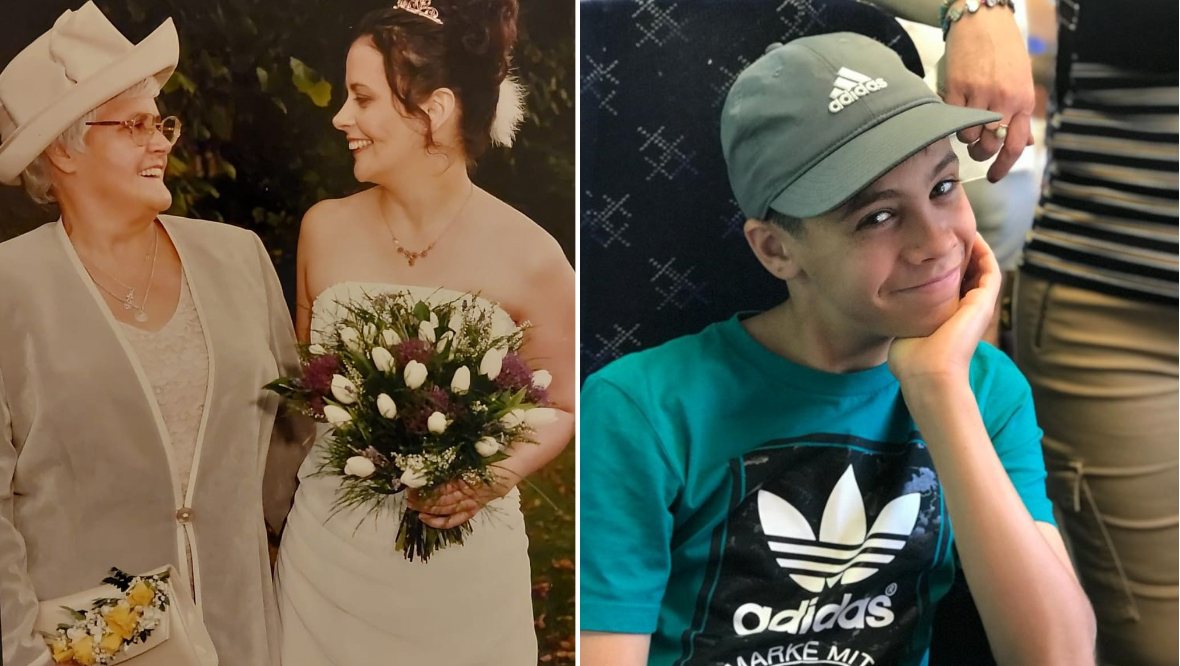 Brain Tumour Research
Brain Tumour Research




